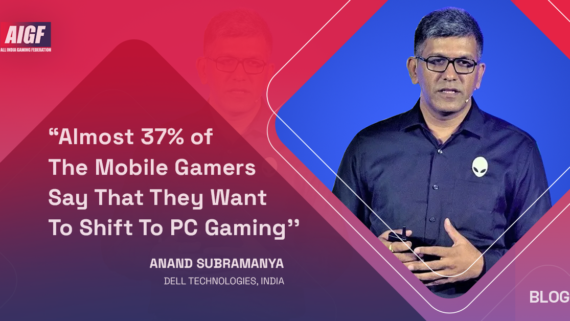Telangana Government Issues Ordinance To Curb Online Rummy Games
The Government of Telangana has promulgated two ordinances that have, for the time being at least, put the operators working in in a state of limbo. The two ordinances coming into force have taken the industry by storm and were swiftly challenged before the High Court of Hyderabad (“Hyderabad HC”) in Auth Rep, Head Infotech (India) Pvt. Ltd., Hyderabad & Anr vs. Chief Secy, State of Telangana, Hyderabad & 3 Ors8 (“Telangana Proceedings”) by several online rummy operators (“rummy operators”).
On June 17, 2017, the Telangana State Gaming (Amendment) Ordinance, 2017 (“Ordinance I”) was promulgated by the Governor of the state of Telangana (“Telangana”). Ordinance I made plain that games of skill which had elements of chance could not be described as ‘skill games’, and rummy was not a skill game as it involved elements of chance.
In addition, while the Telangana State Enactment only made gaming within physical premises (‘common gaming houses’) an offence, Ordinance I changed the law to make online gaming an offence in the state as well. The following are the two key challenges posed by the rummy operators to Ordinance I in the Telangana Proceedings: • The State of Telangana did not have the legislative competence to enact Ordinance I. The Supreme Court (“SC”) had ruled in R.M.D Chamarbaugwala v Union of India9 (“Chamarbaugwala Case”) that the business of offering skill games did amount to gambling and fell within the fundamental right to carry out trade or business, a guaranteed protection under the Constitution10. Hence, the State legislature did not have the authority to prohibit skill games (including predominantly skill-based games). • Rummy has previously been held to be a game of skill by the SC in State of Andhra Pradesh v K. Satyanarayan11 (“Satyanarayan Case”).
It was not up to Telangana to contradict the SC’s finding of fact by legislatively declaring that Rummy was a game of skill. Telangana countered these challanges on the basis of the SC’s observations in the Satyanarayan case, in which it said that rummy, when played for stakes, amounted to gambling and was not protected as a fundamental right under the Constitution. Even if playing Rummy was protected under the Constitution, Telangana could impose reasonable restrictions12 on the right in the interest of the general public. The Government of Telangana also raised issue with the online gaming companies for manipulating gameplay. Perhaps in direct response to the irrefutable challenges to Ordinance I posed by the rummy operators, the State moved to enact another ordinance13 (“Ordinance II”) to amend the Telangana Gaming Act, 1974. Ordinance II came into effect immediately.










Comments
No comment yet.